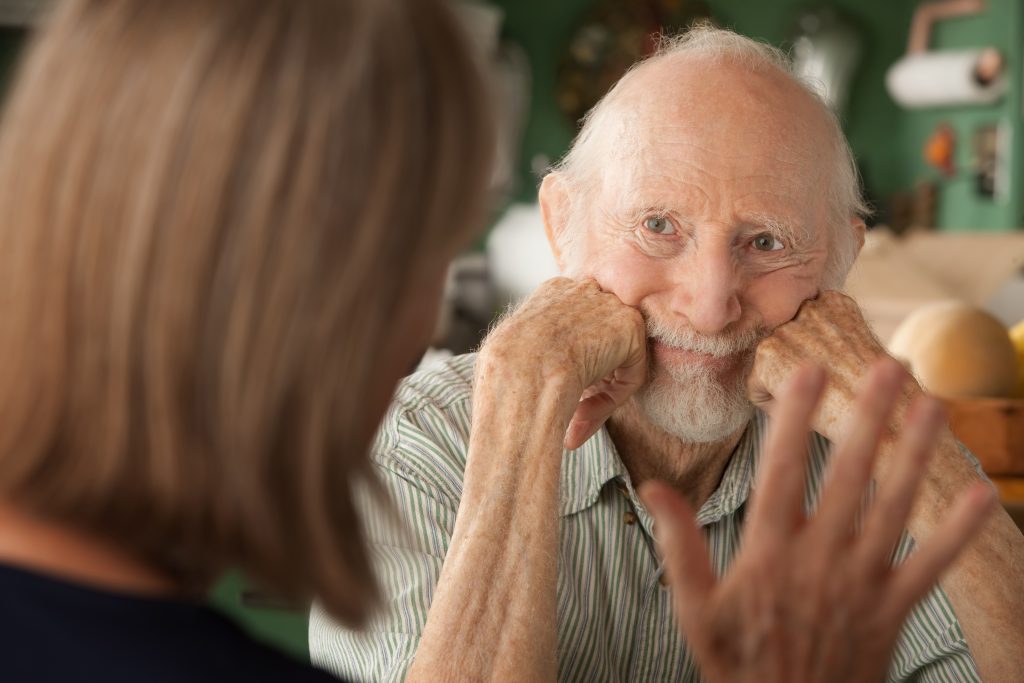Stress, anxiety, and depression are not unusual for people of all ages.
Under the current environment (COVID-19), loneliness, stress, anxiety and depression are felt by most people. Certain individuals are affected more than others.
Whatever the level of anxiety and depression you have, you should know there is help.
Alberta Health Services has resources and services, such as Text4Hope, available to help you or someone you know. Remember, if you are struggling you are not alone. There are supports in place to help you.
Let us focus on two things: depression and loneliness.
Depression
Depression isn’t a weakness. Depression is a mood disorder that causes a persistent feeling of sadness and loss of interest.
It is also called major depressive disorder or clinical depression. It affects how you feel, think and behave. This can lead to a variety of emotional and physical problems. This can affect your daily activities.
Depression may require long-term treatment. Good news is most people with depression feel better with medication, psychotherapy or both.
Depressive symptoms vary a lot. Symptoms can be mild to severe. Symptoms can cause noticeable problems in day-to-day activities, such as work, school, social activities or relationships with others. Some people may feel generally miserable or unhappy without really knowing why.
It’s not known exactly what causes depression. As with many mental disorders, a variety of factors may be involved, such as: biological differences, brain chemistry, hormones and/or inherited traits.
Mental distress is common in public health emergencies like COVID-19. After a disaster, population rates of psychological distress tend to double or triple. Recovery time may vary from a year to several years. People who have a history of depression may take longer to recover.
Depression should be taken seriously. If you have a history of depression or if the current environment is affecting your mood and health then you should seek help.
Can we prevent depression?
There’s no sure way to prevent depression. However, some strategies may help. For example, take steps to boost your self-esteem, reach out to family and friends, especially in times of crisis, to help you weather rough spells. Get treatment at the earliest sign of a problem to help prevent depression from worsening. Consider getting long-term maintenance treatment to help prevent a relapse of symptoms.
Loneliness
Loneliness is the state of mind. You can be in a company or relationship and you may feel lonely. You may be alone and feel sorry for yourself. It’s a feeling of sadness or even anxiety that occurs when you want company.
Feeling of loneliness can occur in a crowded place where you are not interacting with others.
Loneliness has a wide range of negative effects on both physical and mental health, including stress, depression and cognitive decline. It can affect your heart. It can lead to stroke. It is associated with functional impairment and dementia.
Humans are social animals. Our connection to others enables us to survive and thrive.
There is no medical treatment for loneliness. As loneliness cannot be effectively treated with medications or acute care, health care practitioners may consider social prescribing to connect with sources of support in the community.
The bottom line is, people who engage in meaningful, productive activities with others tend to live longer, boost their mood, and have a sense of purpose.
Having a sense of purpose is important. Keep yourself mentally and physically active at home. Take care. Be safe. Be patient.
Start reading the preview of my book A Doctor's Journey for free on Amazon. Available on Kindle for $2.99!

